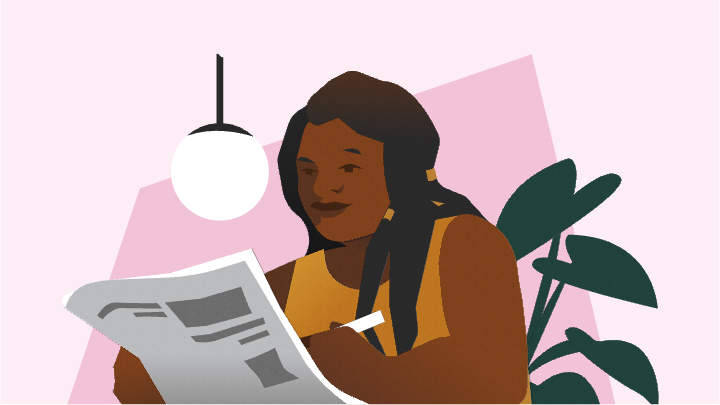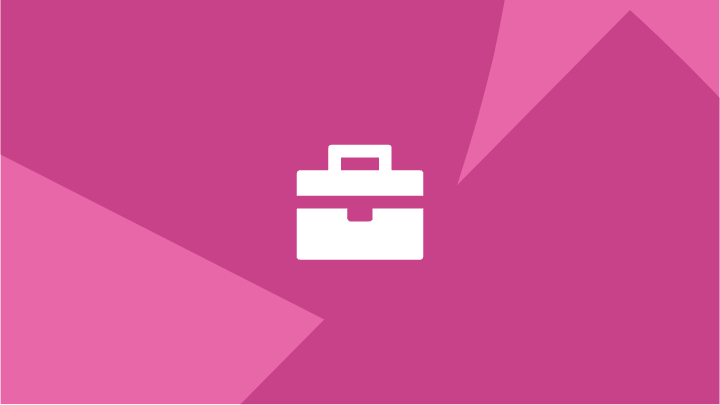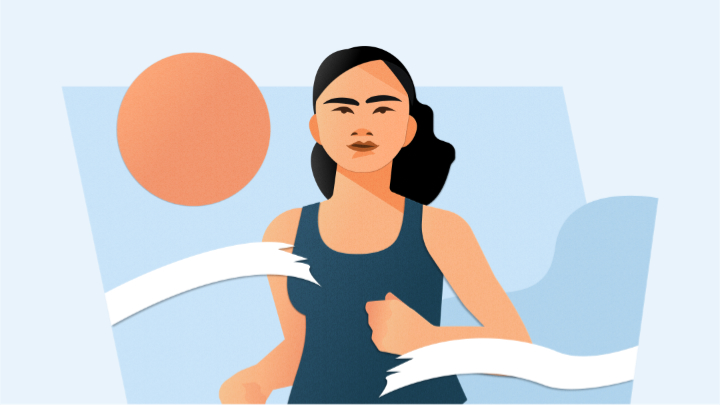How to become a relationship counsellor (duties and skills)
Updated 6 September 2023
Related jobs on Indeed
What is a relationship counsellor?
A relationship counsellor is a healthcare professional who holds sessions with individuals, couples or families to help them overcome challenges and difficulties they face in their relationships. Some daily responsibilities in this profession include:- meeting with clients to talk about their relationship issues
- using theories of relationship counselling to evaluate clients' emotional difficulties
- mediating counselling sessions for couples
- educating couples and individuals on the best techniques for improving relationships
- taking notes and storing information to document each client's progress
- working with lawyers and other legal professionals to prepare relationship evaluations for divorce or custody cases
How to become a relationship counsellor
When learning how to become a relationship counsellor, note that this role usually requires at least a few years of learning. This gives you the necessary skills to hold individual and group client sessions. Here's how to pursue a career in this role:1. Earn a degree or diploma
The first step to becoming a relationship counsellor usually requires you to obtain some formal qualifications. Depending on your background, expectations and life situation, there are two main ways to pursue this career. Firstly, you might consider completing an undergraduate degree in a subject related to counselling, like psychology, social work or nursing. Programmes of this type usually take between three to four years. If you're unsure about going to university, consider obtaining a relevant professional qualification, like a Level 3 diploma in counselling, which may require around 200 hours of learning time.Related: A guide to psychotherapist degree and licensing requirements2. Choose a postgraduate degree
A postgraduate degree allows you to pursue a more niche role in counselling. As an aspiring relationship counsellor, you might learn about effective techniques for evaluating your clients' emotions and helping them develop plans to improve their relationships. Usually, these are one or two-year courses that prepare you for working independently as a counsellor, both through classroom learning and practical experience.When selecting your course, it's helpful to consider programmes accredited by a professional association. Some organisations that specialise in counselling include the UK Council for Psychotherapy (UKCP) or the Counselling and Psychotherapy Central Awarding Body (CPCAB). When a course is accredited, it means it complies with industry standards and offers students high-quality and up-to-date resources to learn from.Related: Your guide to postgrad degrees (with career options)3. Earn professional certifications
Committing to lifelong learning is an effective goal you may set for yourself as a counsellor. One way to nurture this quality includes undergoing regular training, which helps you offer clients more services as a relationship counsellor. For example, after getting some experience in the role, you might decide to earn additional certifications that qualify you for preparing official evaluations for court cases.Related: How to be a learner for life in 9 steps (with benefits)4. Consider a sub-specialisation
A relationship counsellor is a niche role in counselling. If you're especially interested in one aspect of this specialisation, you may consider pursuing a sub-specialisation to offer clients even more expert advice. For example, you may work exclusively with people who seek marriage advice or concentrate on helping patients with intimacy issues that surface when they're in a committed relationship. Pursuing a sub-specialisation is an effective way of becoming an expert in a narrow field, which may also help you maximise your earning potential.Related: 19 types of therapists (with key responsibilities)Key skills in relationship counselling
To succeed in counselling, you want to develop a strong set of skills that helps you work well with clients. These skills also help you encourage them to talk to you openly about their relationship issues. Here are some key skills to develop to increase your potential for working as a relationship counsellor:Knowledge of relationship counselling theories
Relationship counselling theories are psychotherapy theories that describe common behavioural paths, emotional challenges or issues that may present people with difficulties in building or improving their relationships. Effective counsellors are aware of these theories and may use them to choose the right approach for each session or develop counselling plans for clients. Typically, developing this skill starts in class and continues through self-learning.Related: 10 skills to be a psychologist and excel in your careerEmotional intelligence
Emotional intelligence is the ability to recognise, name and identify feelings. Relationship counsellors use this skill daily during client sessions or when evaluating personality tests. In addition, this form of intelligence helps them use their own emotions in a positive way. For example, you might use it to appear more open and reliable to clients or relieve stress that's accumulated throughout the day as a result of talking about other people's issues.Related: 12 emotional intelligence examples (plus ways to show it at work)Active listening
Active listening is a communication tool and psychotherapy technique that helps counsellors understand their clients' situations and viewpoints. There are various elements that make up active listening, like asking questions, summarising someone's words, observing their body language or clarifying the contents of their speech. To improve this skill, it's helpful to maintain neutral eye contact during face-to-face conversations and pay attention to any nonverbal cues people unconsciously demonstrate.Related: How to become a grief counsellor (with steps and skills)Strong work ethic
The key element of a relationship counsellor's work ethic involves always making sure you're doing what's best for your clients. On a daily basis, you might demonstrate a strong work ethic by always arriving to sessions on time and refraining from using your personal experiences to judge clients. Maintaining a work ethic is a sign of professionalism that makes you appear more approachable and helps you position yourself as an effective relationship counsellor.Related: What are work ethic skills? (With examples and tips)What it's like to work as a relationship counsellor
Most relationship counsellors have regular work schedules. Depending on their workplace, they may work full-time for one employer, like a health facility, or offer their services to clients as independent specialists. The latter usually requires them to become self-employed. The work of a relationship counsellor may be challenging, as it might cause them to emotionally invest in their clients' relationship issues, but counsellors with proper educational backgrounds have the tools to easily handle this element of working with clients.Related: How much does a counselling psychologist make? (With salary)Tips for becoming a relationship counsellor
Becoming a good relationship counsellor requires a lot of work, but it's a rewarding career if you want to help people build healthier relationships with partners, families or colleagues. Here are some tips to help you throughout your journey into this role:- Consider going to relationship counselling as a client. Before you start helping people who experience relationship issues, it might be useful that you undergo relationship therapy first. Knowing how to build healthy relationships with others is a valuable skill that helps you improve at your job.
- Decide what's your ideal work environment. Relationship counsellors work in health facilities, private offices or even courts. Analysing each work environment and choosing one that best aligns with your expectations and personality increases your job satisfaction.
- Take regular breaks. Spending entire workdays analysing other people's emotions and helping them resolve their issues might impact your emotional health. To handle this appropriately and continue working without experiencing burnout, make sure to take regular breaks to go away for a weekend or go on holiday.
Explore more articles
- 35 Retail Interview Questions (With Example Answers and Tips)
- How much do business owners make? Salaries and types of pay
- What is data entry? (Plus FAQs and steps to become a data entry worker)
- How To Get a Job In HR
- How to write a student CV (with template)
- How to write a marketing CV with no experience (and example)
- A Complete Guide to Manufacturing Jobs (With Examples)
- FAQs: What you need to know about family emergency leave
- How to become a veterinary nurse assistant: a guide
- Dental hygiene apprenticeship guide (with role and FAQs)
- How to Ask for a Pay Rise (With Script Examples)
- How to become a personal shopper (plus salary info)


